Researching new keywords for your online store can greatly boost organic traffic to your site. Unlike basic search engine optimization, keyword research for ecommerce is a little complicated because it is harder to figure out the exact phrases that potential buyers use to search for products.
A common approach is to use the product name as the search term, but potential customers usually don’t search using product names. Typically, people searching for products to buy online use a popular variation of the actual product name.
If you understand your market thoroughly, you probably already know this. However, if you’re setting up a new e-commerce store in a completely unfamiliar niche, you can greatly lose out on organic traffic for your site if you neglect this fact.
In the rest of this post, I’m going to share four free keyword research tools to give you a head start on your next keyword research plan. Whether you want to boost traffic for an existing site or want to get your new e-commerce site off the ground and going, you don’t have to spend a penny on complicated tools.
1. Ubersuggest
Ubbersuggest is a free keyword suggestion tool mostly geared toward Google. It is easy to use and one of the most commonly used free keyword research tools.
To use Ubbersuggest, you select your language, provide your keyword, and then select the category in which your keyword falls from a dropdown list comprised of six categories: Web, Images, News, Shopping, Video and Recipes.
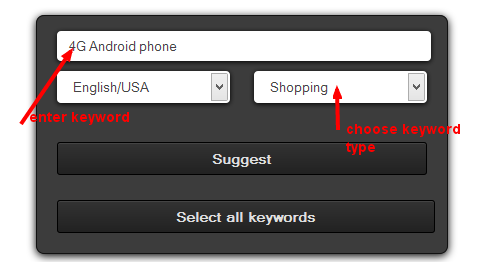
When you hit the Suggest button, the tool reveals tens of commonly searched terms in Google similar to your keyword.
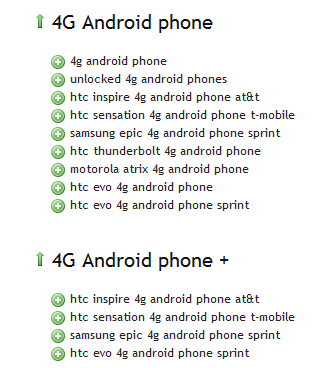
These keyword suggestions are real user queries collected from Google. You can get further keyword suggestions by clicking on a particular keyword:
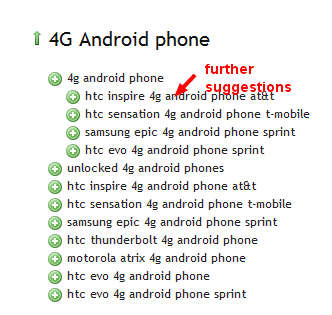
From here, you can integrate the most relevant keyword suggestions into your SEO plan to optimize your traffic campaigns.
2. Keyword Planner By Google
The Keyword Planner tool is part of Google’s AdWords program and is free to use. You can use your existing Google account to login into AdWords or you can create a separate account for it.
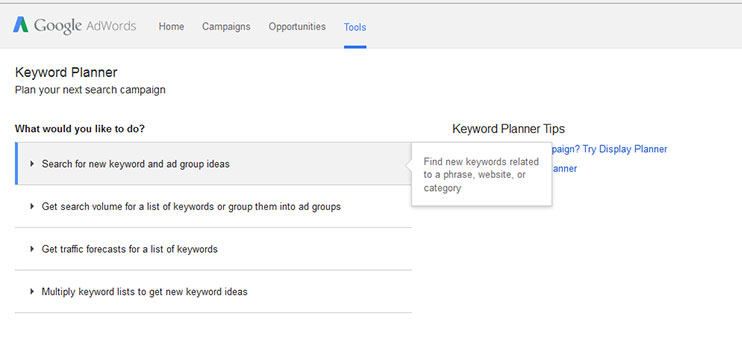 When you log into your AdWords account, you can access the Keyword Planner tool under Tools. Next you want to start with the first option, which is to search for a new keyword.
When you log into your AdWords account, you can access the Keyword Planner tool under Tools. Next you want to start with the first option, which is to search for a new keyword.
Next, provide your keywords or product name if you don’t have any particular keywords in mind. If you used Ubbersuggest, for instance, to get keyword suggestions, this is the next natural step in your keyword research; simply provide your chosen suggestions one at a time. You want to pay close attention to the Targeting section on the Keyword Planner tool:
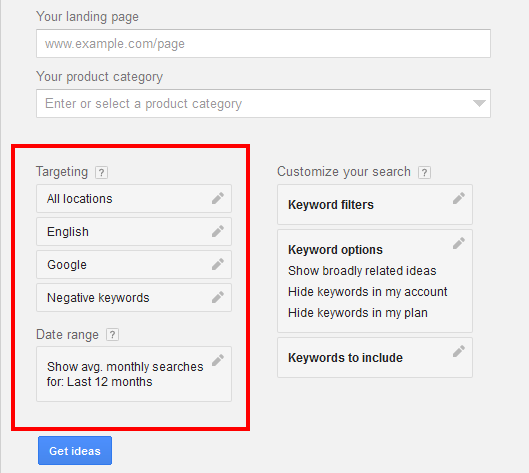
These settings ensure that you get info that is most relevant to your business and location. You can narrow down your target location to a city if that’s what you want.
The Customize your search option provides finer filtering options to provide the most relevant keywords. Try all options and compare the results you get.
Click the Get ideas button to see your results. You want to focus on the info under the Keyword ideas tab on the results page.
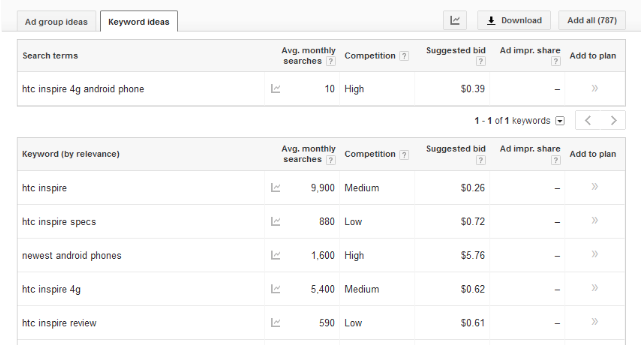 You’ll see the average monthly searches for each keyword as well as its competitiveness. There’s a whole lot of filtering functions you can use to refine the results so feel free to try them out and see what you get.
You’ll see the average monthly searches for each keyword as well as its competitiveness. There’s a whole lot of filtering functions you can use to refine the results so feel free to try them out and see what you get.
3. Keyword Tool
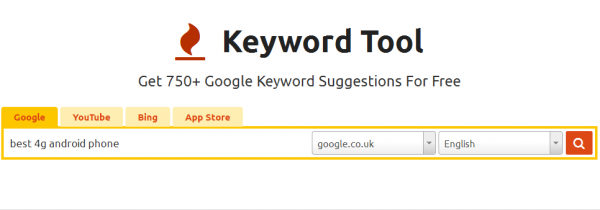 Keyword Tool works more or less the same way as Ubbersuggest but goes a notch higher and offers collected info from YouTube, Bing, and the AppStore.
Keyword Tool works more or less the same way as Ubbersuggest but goes a notch higher and offers collected info from YouTube, Bing, and the AppStore.
To use Keyword Tool, enter a product name or any term close to your target keyword, select a website using the tabs on the left, select a target country and language, and search. The results page comprises a list of the most searched for suggestions closest to the term you provided. It’s simple, straightforward, and effective.
4. SEOChat

SEOChat works like Ubbersuggest and Keyword Tool but provides two more search levels. That is, after submitting the first query, you can select Level 2 to get a new list of suggestions based on a search done on the previous results list. The same happens when you choose Level 3 search. With each subsequent level, you get a larger and deeper list of keyword suggestions scraped from Google.
Conclusion
Don’t lose out on the opportunity to harness the power of free keyword research tools to boost traffic to your e-commerce store. The free tools listed above provide basic functionality that is just enough to reveal the most important keywords users are searching for. You can either take it further from there with more robust tools or simply integrate the keywords into your pages. Soon enough you’ll see a difference in your traffic reports.
How often do you perform keyword research for your e-commerce store? What’s the process like for you? Let us know in the comments section below!


4 responses to “Keyword Research for eCommerce – 4 Free Tools”
I use keywordtool.io and ubersuggest so much. I also use http://sg.serpstat.com/ because I discovered that prospects and search engine users most times type in questions and this tool clearly gives you such questions as suggestions.
Good suggestions Bill – thanks!
I want to run an eCommerce business but don’t have enough experience about Keyword Research for eCommerce. Thanks for the post. Hope this will help me a lot.
You’re welcome Jessica :-)